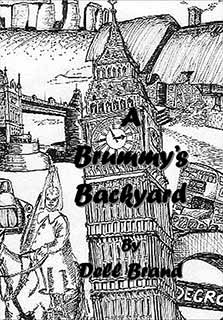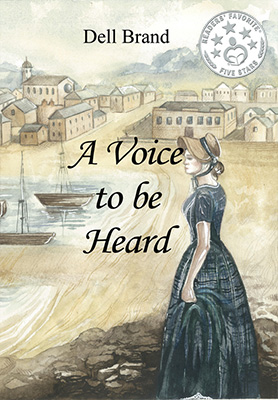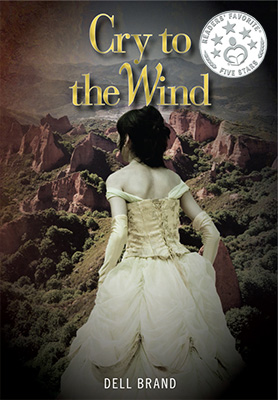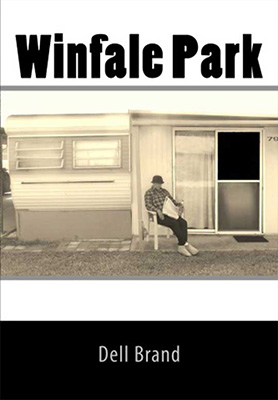a brummy’s backyard
Book Reviews
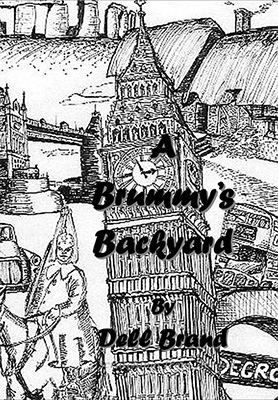
A Brummy’s Backyard
I have just finished reading A Brummy’s Backyard. I downloaded it ages ago but I’m not an avid short story reader as I much prefer a full-length novel with character development. And because I knew it was primarily about your travel experiences during the time you were in England and because we had been to all the places that you travelled to, I thought I might not like it so much.
Wrong! From my perspective, it was not what you did and saw, but the many memories it aroused. Like you, before we left Australia, and looking at a map, we thought a few months would be ample time to see the place well. We spent 5 months initially touring Great Britain and Ireland but have returned there now a total of 12 times and still we know we could return and still see so much that would be new to us. This was proven just a few years back when we spent a week solely in the county of Derbyshire. We had been there before but mainly hiking in the Dales, but this time we stayed with friends whom we met initially in Penang, Malaysia; they too had a VW van and we ended up shipping our vans to Madras on the same boat. Anyway, we have visited them a couple of times during our travels and they have visited us here once but they have now retired and are living in Bakewell. Needless to say, they opened up a whole new world to us.
Your descriptions of cold, slush and puddles also brought back many memories. Our first encounter on British soil was Southampton, where our boat , the Fairsky berthed in early February in freezing fog and misery. We took a train from there up to London and all I remember seeing were grey buildings and what we thought were dead tree trunks silhouetted against a steel grey sky. We had never seen deciduous trees in mass in winter before and couldn’t understand why all the trees had died. We took a taxi from the train station to Kings Cross where we planned on staying the first night or two until we got our bearings. The hotel was not great but compared with the perishingly cold outdoors, it seemed wonderful. But we soon cooled off and then realized in order to keep warm we needed to feed half-crown pieces into the heater. We found out soon enough that two coins (5 shillings worth) lasted us 20 minutes. This is ridiculous we thought so decided to go outside for a brisk walk and take in our surroundings. Not finding the cold, slush, mud etc all that inviting we decided to grab a meal to warm us up and eventually wandered back to our hotel by which time it was quite dark. Rather than feed more half-crowns into the greedy heater, we thought we would get to bed and keep one another warm and get a good night’s sleep. It was not until I switched off the light that I said to Trev, “What time is it anyway?” On went the light back on. 5PM!!!!
I’m so glad you got to Bruges. Not a lot of travellers get there. I can still see those ladies dressed in black, sitting in their doorways working on their lace.
I loved your “owl” story where the kid couldn’t do P.E. Now let me tell you mine. At the Hornsey School where I taught, they apparently had recently had a spate of thefts from the girls’ change room while the kids were outdoors having their P.E. lesson. Hence the school had introduced a rule whereby the kids would place their purse and valuables on a tray held by the teacher at the door as they left the change room. Alas! When Isra, a Turkish immigrant child arrived at the door not changed for PE., I asked her what was wrong? I remember her answer word for word: “Me muvver said not to leave me purse wiv any Stralean woman ’cause they all come from convicts what’ve been in jail.”
As for the very ignorant Americans, I’m sure they were even worse 50 years ago but one woman in all seriousness asked me where I learned my English because I spoke such good English for an Australian.
But the story of stories was your milkshake one John. Only this time our story comes not from England but Australia. The last time we were in Australia, late 2012, we landed in Cairns where we were to pick up our rented motor home. It was very hot and we were so very thirsty. In short time, we saw the old familiar Golden Arches and so wandered into Mackers. Now here in Calgary in summer, we can buy the Xtra large size (1 litre) fountain drink for $1 with free refills. So we ordered the largest size 1 Coke for Trev and 1 Sprite for me. We couldn’t believe our eyes when the drinks appeared in what we would describe as smaller than a medium size cup here, and not even full, and the cost…. $3.50 each!!! So you see, it’s all relative.
I could go on and on but these are a few examples of the sorts of memories that your book aroused and so I thoroughly enjoyed it. You certainly made the most of your time in England; it must have been hard to get up to go to school on Monday mornings.
The one part of your book that I really feel we missed out on was Gallipoli. Quite obviously by the time you got there it was much more visitor friendly. I was so disappointed to have missed it.
Wendy McGrath




